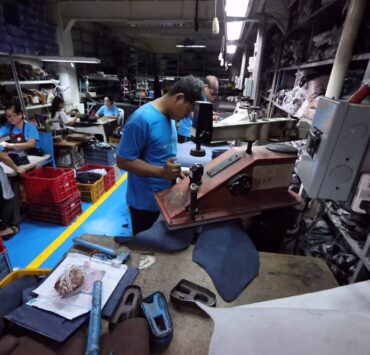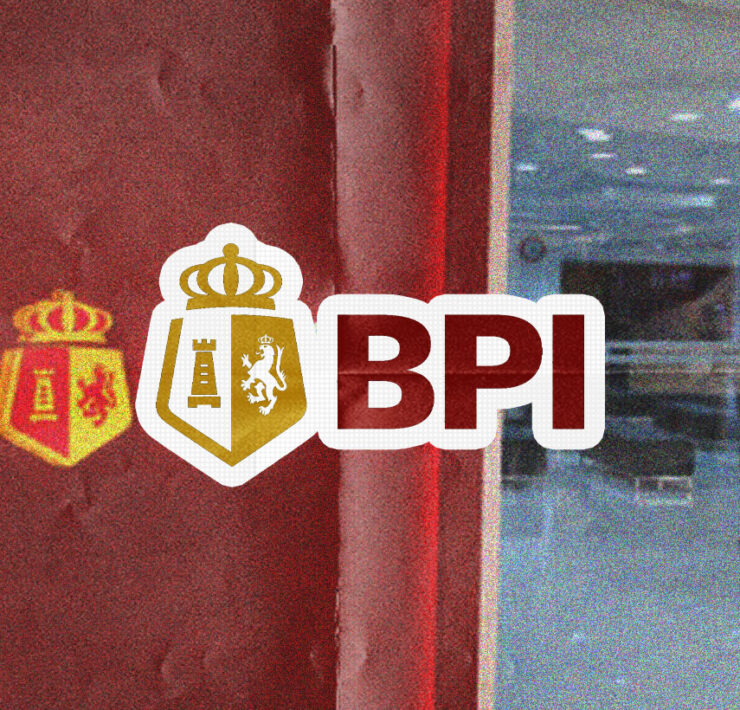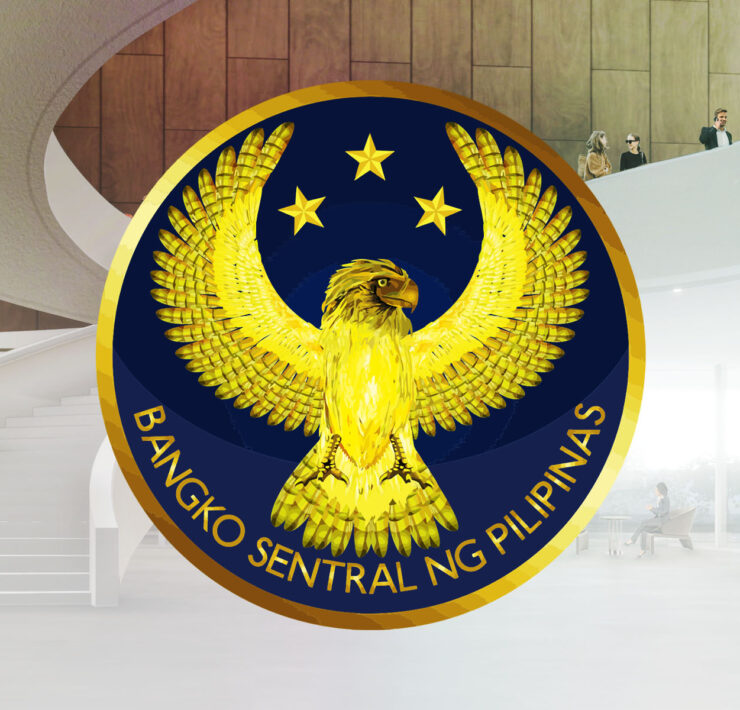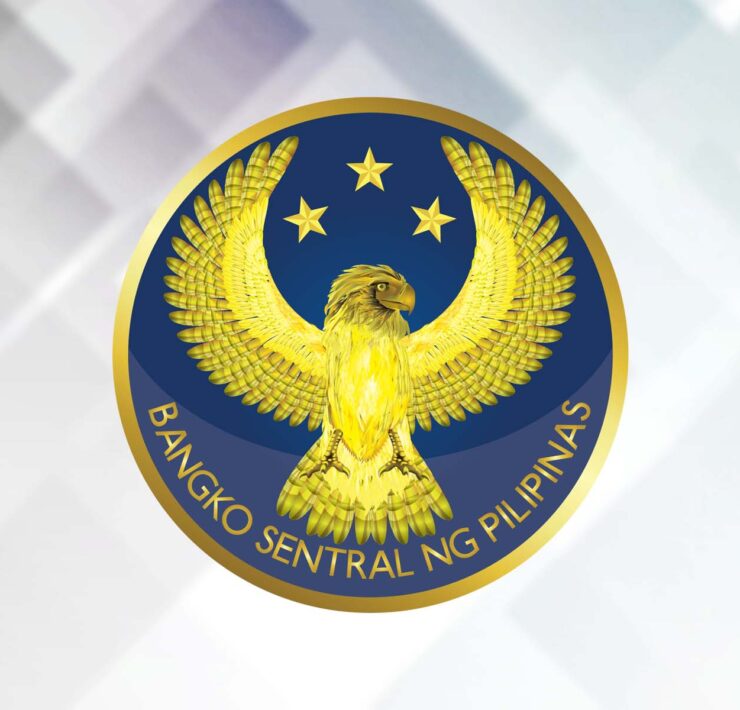PH secures $700-M WB loan for climate resilience
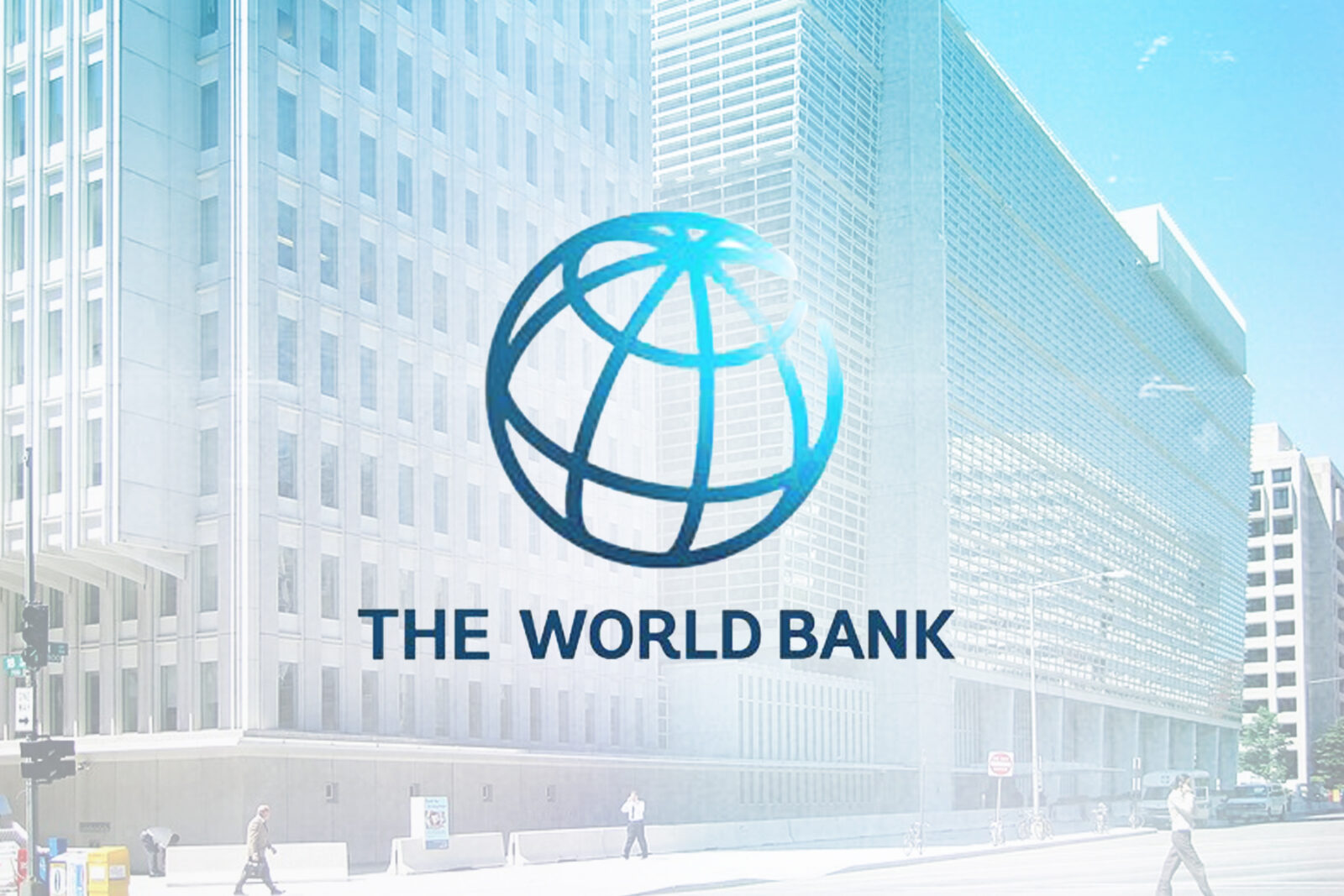
The World Bank (WB) has approved a $700-million loan to the Philippine government to boost the climate resilience of 18 million families, particularly in poverty-stricken areas highly vulnerable to climate-related hazards.
In a statement on Friday, the Washington-based lender said its board had approved the financing for the Philippine Community Resilience Project, also known as “Pagkilos,” which means “action” in Filipino.
WB said the project was expected to help reduce the vulnerability of around 18 million households to natural disasters in the coming years, including indigenous people (IP), women and beneficiaries of the government’s conditional cash transfer program.
The Philippines ranks at the top of the World Risk Index due to its high vulnerability and exposure to cyclical extreme events.
Pagkilos has a total project cost of $874.35 million, with the remaining $174.35 million to be funded by the Philippine government.
While the World Bank loan will add to the country’s outstanding obligations—which hit a record high of P17.27 trillion as of June—it will come with concessional rates and more favorable terms compared to commercial loans.
The project will prioritize 500 climate-vulnerable municipalities across 49 provinces in the Philippines. These municipalities are selected based on their high poverty incidence and significant exposure to climate hazards such as typhoons.
In total, Pagkilos will support 177 municipalities with an IP population of at least 10 percent, enabling the program to benefit around 33 percent of the country’s total indigenous population.
Funding under Pagkilos may cover a range of interventions, including flood and drought mitigation, landslide and slope protection, storm surge barriers, breakwaters, windbreakers and the retrofitting of infrastructure to withstand extreme weather events.
The project will also support erosion control, agroforestry and other nature-based solutions for ecosystem conservation—such as the preservation of community forests, wetlands, marshes and waterways.
“By empowering local communities to take the lead in building resilience against climate change and disaster risks, the Philippines is not only addressing immediate environmental challenges but also fostering a culture of proactive engagement and resilience,” said Zafer Mustafaoğlu, WB’s division director for the Philippines.
“Communities play a critical role in preparing for and responding to disasters. Their ability to anticipate risks, organize themselves, and collaborate with local and national authorities is essential for effective climate change and disaster risk preparedness and recovery efforts,” he added.














